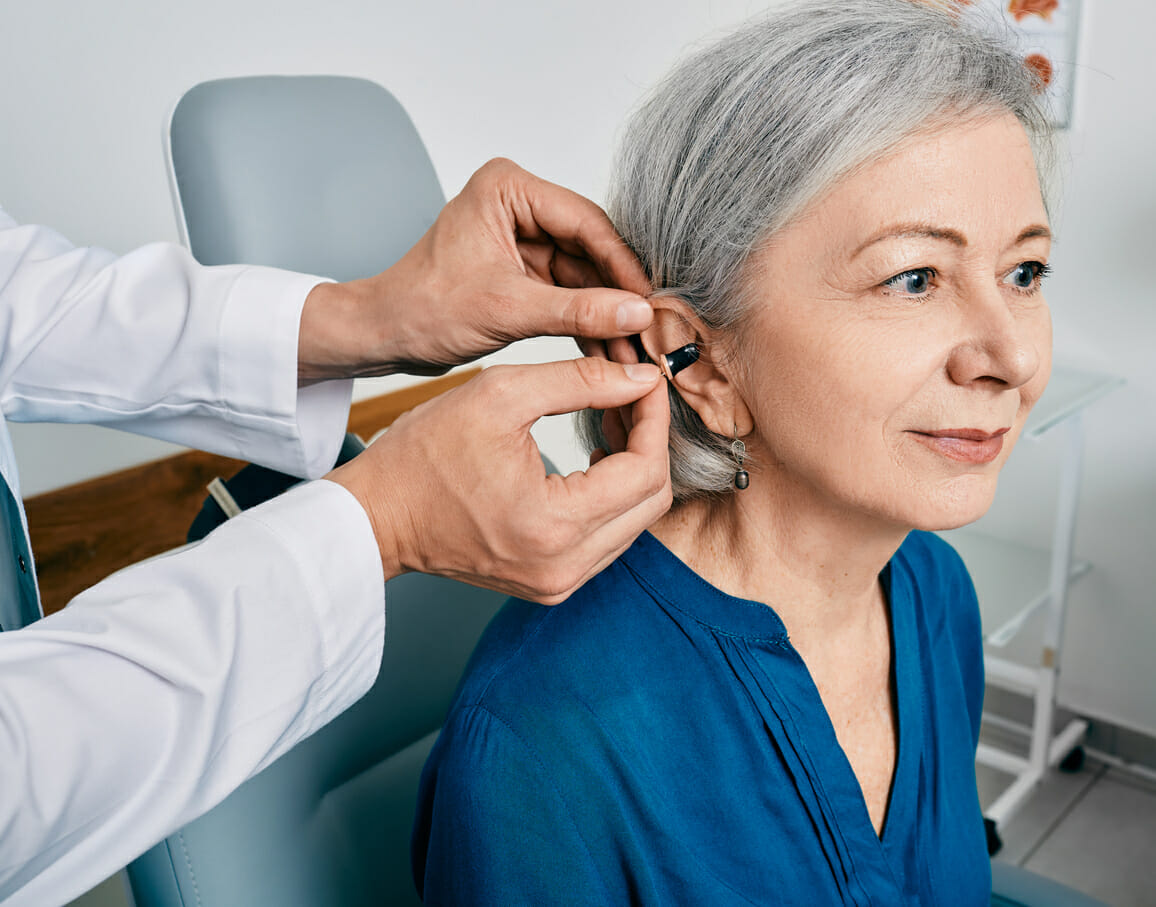Hearing aids are a tool for amplifying sound and making it easier for individuals with hearing loss to communicate. Despite this, many people still have questions and concerns about these devices.
This blog post will answer nine commonly asked questions about hearing aids to help you better understand their function and benefits. For example, one major advancement in recent years is Bluetooth hearing aids, which allow users to connect their devices wirelessly to various electronic gadgets.
1. What are the different types of hearing aids?
There are four primary types of hearing aids: completely-in-the-canal (CIC), in-the-ear (ITE), Receiver-in-canal (RIC), and behind-the-ear (BTE). The differences in these styles are mainly due to size, visibility, and placement within or around the ear. Some people prefer certain types based on aesthetics or functionality.
2. How do I know if I need a hearing aid?
If you’re having difficulty understanding speech, especially in noisy environments, or frequently ask others to repeat themselves, it might be time to check your hearing. An audiologist can perform a comprehensive evaluation and recommend appropriate solutions based on your hearing loss.
3. How do I know which hearing aid is right for me?
The best hearing aid for you depends on a number of factors. This includes the type and degree of hearing loss, lifestyle, and budget. A hearing care professional can guide you in choosing the most suitable hearing aid.
4. How much do hearing aids cost?
The cost of a hearing aid can differ depending on several factors, such as brand, technology level, and style. Prices can range from $1000 to $8000 per device or more.
5. Will my insurance cover the cost of hearing aids?
Insurance companies offer different levels of coverage for hearing aids depending on the specific plan and provider. Some policies may cover a portion of the expense, while others may not. It’s best to consult directly with your insurance provider to determine what is available with your specific plan.
6. How long do hearing aids last?
On average, hearing aids can last three to seven years, depending on maintenance and care. Ensuring that your devices are regularly cleaned and maintained will promote longevity. Regular upkeep will also help you avoid moisture damage and battery corrosion issues.
7. Do I need an audiologist to fit my hearing aid?
Yes, it is essential to work with an audiologist when fitting hearing aids. These professionals are trained in assessing your hearing needs and will recommend appropriate devices based on your level of hearing loss. They can also adjust the settings for optimal performance and provide valuable guidance.
8. How long does it take to adjust to wearing hearing aids?
The period of adjustment for using hearing aids differs from one individual to another. It may take several weeks or even months for some individuals to feel comfortable using their devices regularly. Factors such as the level of hearing loss and the type of aid chosen can influence this process.
9. Can I wear my hearing aids while showering or swimming?
Most hearing aids are not waterproof and should be removed before engaging in activities that expose them to water or excessive moisture, such as showering, swimming, or being in a steam room or sauna. Some more advanced models do offer water-resistant features, but it’s best to consult with your audiologist about proper care guidelines.
While living with untreated hearing loss may be frustrating and isolating, it doesn’t have to be permanent. Hearing aids can provide significant improvements in communication and overall quality of life for those who experience hearing difficulties.




